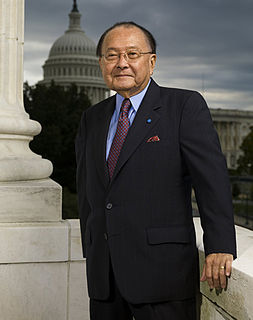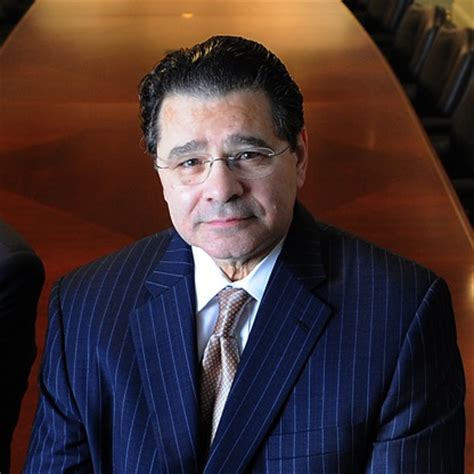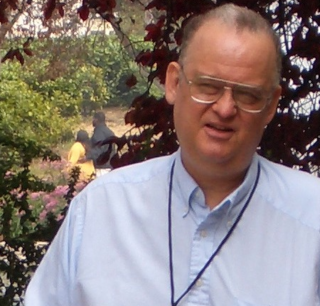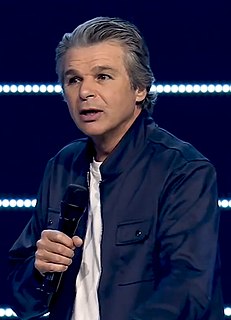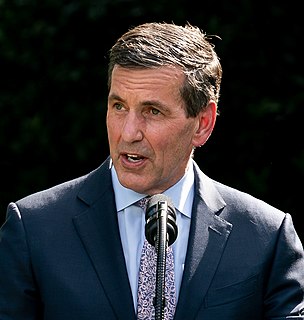A Quote by Clayton Christensen
Investing in our people is going to be costly and scarce - we need to start doing that!
Related Quotes
We realized we weren't really using Odeo, we weren't investing our own time creating podcasts. We were building a tool that was a great idea for some other people. That's a dangerous way to go because if you don't actually use it yourself and love it, then you aren't going to be as fully invested in it from the start. That's what leads you to doing side projects.
Our supplies of natural resources are not finite in any economic sense. Nor does past experience give reason to expect natural resources to become more scarce. Rather, if history is any guide, natural resources will progressively become less costly, hence less scarce, and will constitute a smaller proportion of our expenses in future years.
I think I have a good track record, both in commercial investing and in philanthropic investing. I don't have any interest in creating a named foundation; I have an interest in really good impact for capital. I think I'm pretty good at doing it, so I'm going to apply myself to doing it in my lifetime.
I went to London to do the stuff. I was like "What am I going to do? What's going to happen?" But then once you start working, you forget all that and you start enjoying what you're doing. Once you enjoy the process, you know that people are going to do the same thing. If you don't enjoy it and just do it like a job, then it's going to be feel that way. That's my theory of doing a movie.
A lot of people want to start a business, and they're like, 'I wanna start a business, give me some money to invest.' Where is your business plan? Are you investing money yourself into your own business? How is this going to work? People think that they can just come to you with an idea and have money.
We need to send our words out in the direction we want them to go. In other words, we need to start talking victory when we’re staring at defeat. We need to start talking healing when we’re feeling sick. We need to start blessing and prosperity when we don’t have anything. We need to speak about marching when we feel like quitting.
The United States and our allies will not prevent countries from doing business with Chinese companies like Huawei on the basis of security concerns alone, though there are a number of them. We must provide an alternative service or product that is better, more secure and less costly. We need to respond by out-innovating our opponent.
What you hear in focus groups and conversations, people will give you 20 minutes of rage about how the borders are out of control. But then you start saying, practically, what are we going to do about it? What are we going to do about the 11 million here? What are we going to do to get some workers we need for the farms? Then people start having a normal conversation.
Consider radiology. Technology is going to reduce the use of those machines because doctors aren't going to need to send patients two or three times for radiology. They're going to have access to what the previous specialist took. There's also going to be devices that are coming out that are much less costly.



